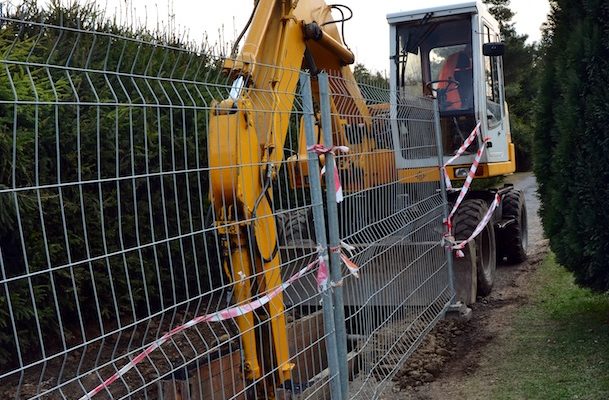by Kaylin Searles
Tuesday, May 23rd 2017
NASHVILLE, Tenn. (WZTV) – Metro Council members, construction workers and advocates are trying to make changes in the construction industry after a new report claims that Nashville has the most hazardous conditions and the high injury rates for workers.
“Build a Better South” conducted the survey, questioning 1,400 construction workers from the Nashville area alone. The survey was also conducted in Atlanta, Charlotte, Dallas, Houston and Miami.
According to the report, one in four Nashville workers had been injured at some point in their construction career, the highest of the research cities. Ten percent of workers had been injured just in the last year.
Jackie Cornejo, with Build a Better South, said one of the most concerning points of the report for Nashville is the amount of injuries that go unreported. The study found a 12.7 percent injury rate per 100 workers annually in Tennessee, which is four times higher than the injury/illness rate reported by OSHA for the state.
Construction workers gave testimony echoing this at the news conference Tuesday. Some workers said their wages aren’t high enough to afford a health insurance plan, thus paying for treatment out of pocket or never reporting the injury.
But, about 81 percent of those injuries that were reported last year received no workers’ compensation.






